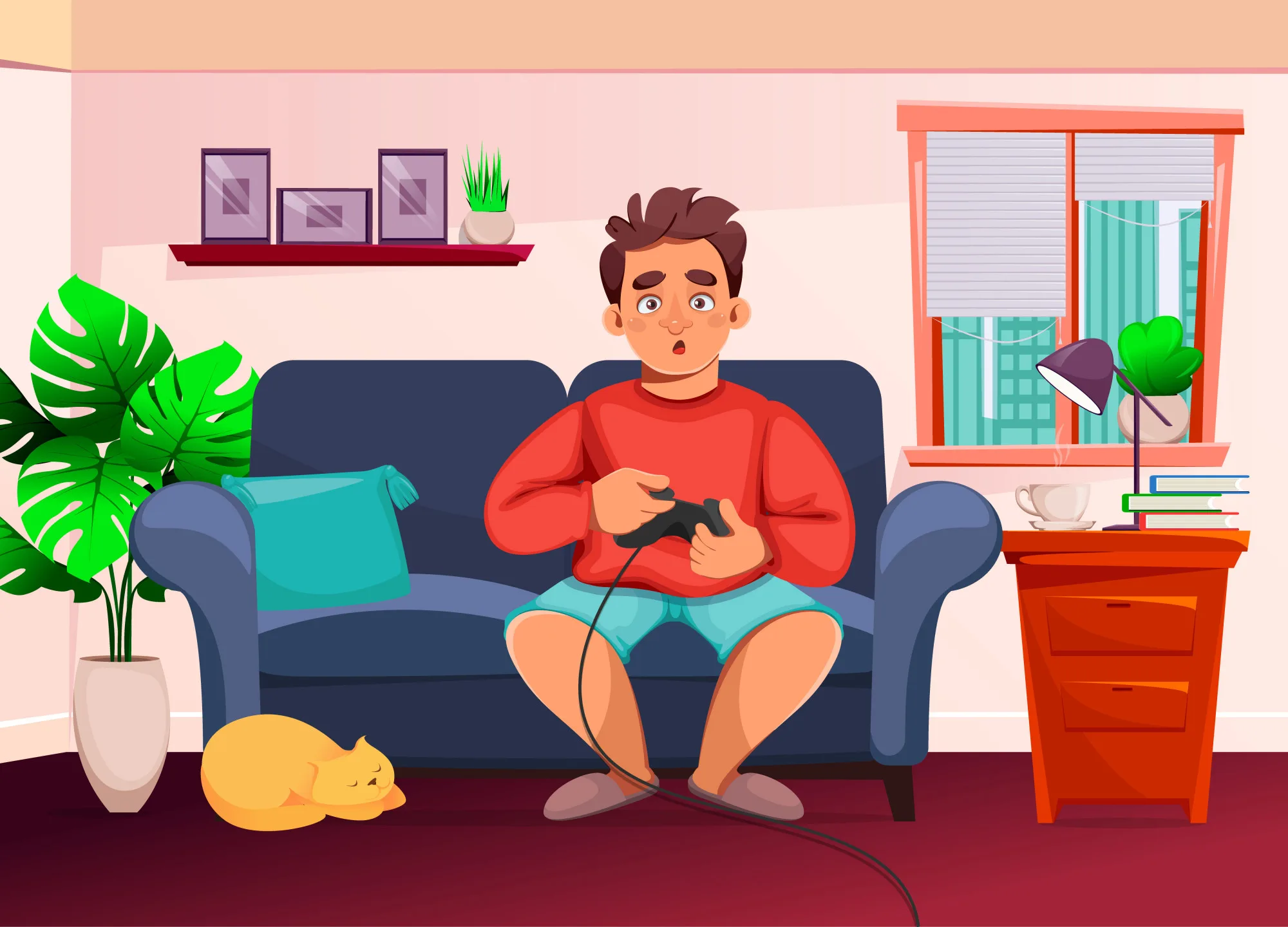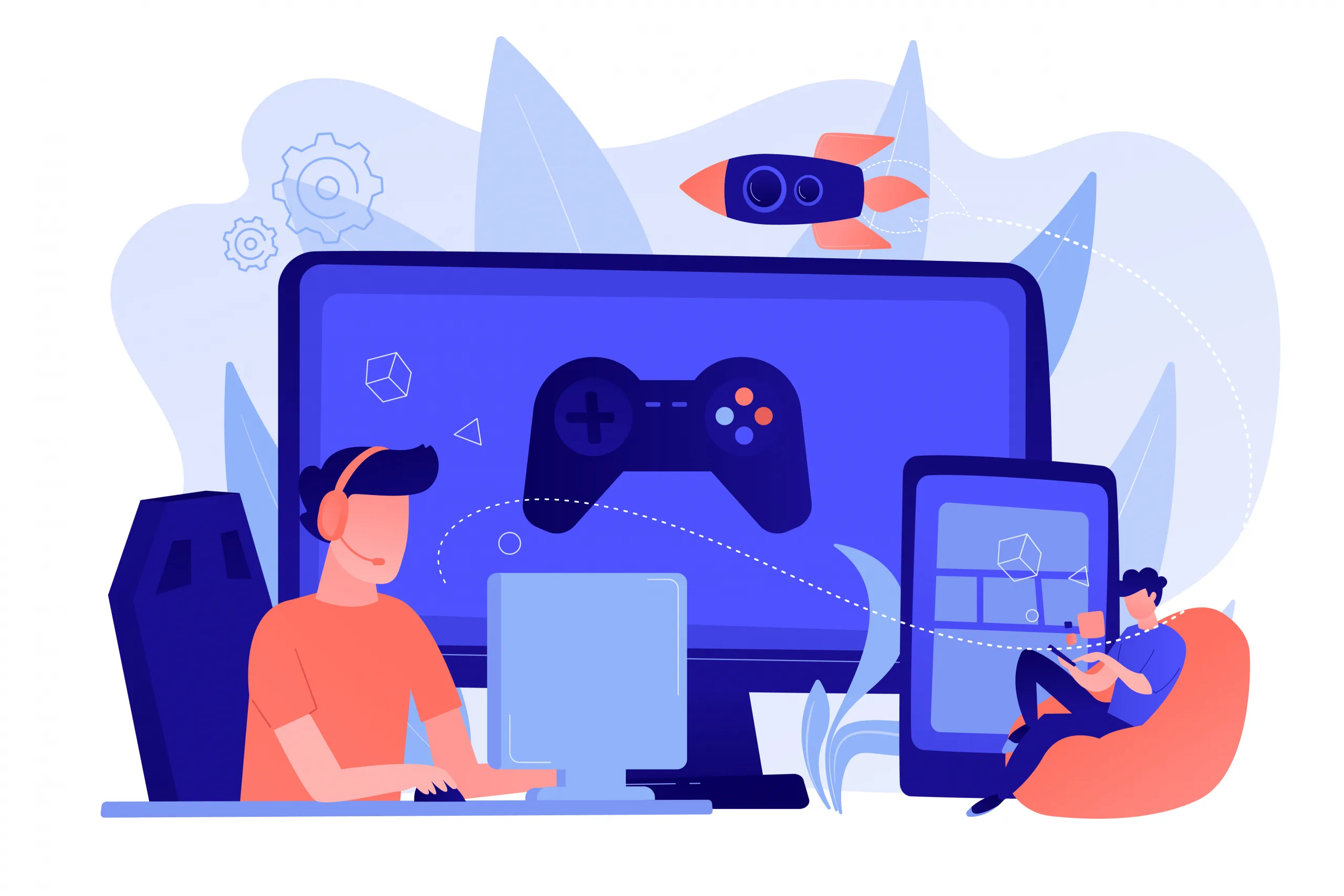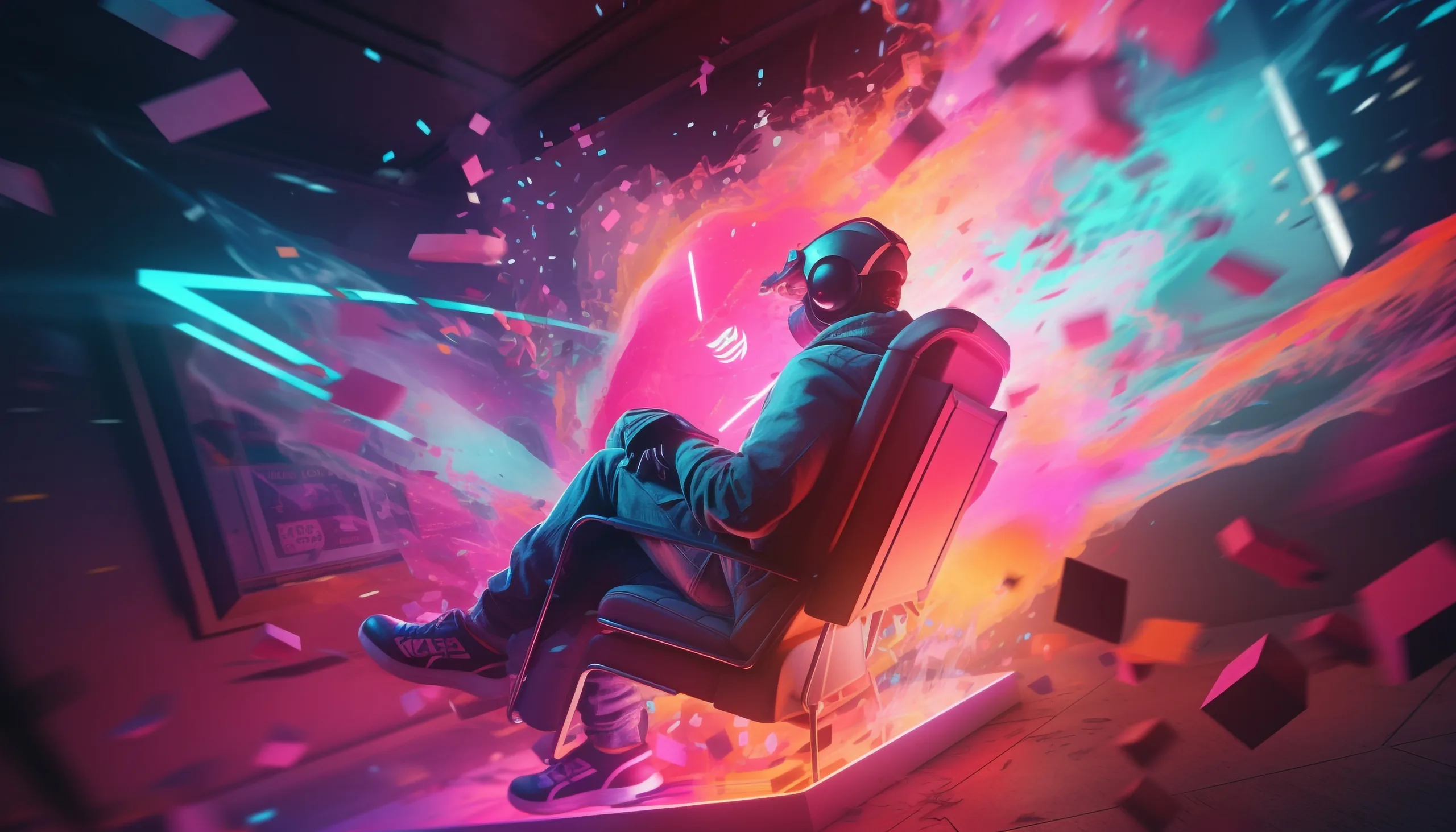In the digital era, entertainment has transformed significantly. From traditional outdoor activities to immersive virtual experiences, the way people spend their leisure time is shifting dramatically. This raises a compelling question: Have virtual entertainments replaced real-life fun? This article explores the rise of virtual entertainment, its advantages, limitations, and the social, psychological, and cultural impacts it has on human interaction and real-world experiences.
- Introduction virtual Entertainments
- The Rise of Virtual Entertainment
- Real-Life Fun: Why It Still Matters
- Comparing Virtual and Real-Life Fun
- The Psychological Impact of Virtual Entertainment
- Virtual Reality and Augmented Reality: The New Frontier
- Cultural Shift: Entertainment in the Digital Age
- Balancing Virtual and Real-Life Fun
- The Future of Entertainment
- Frequently Asked Questions
- Conclusion
Introduction virtual Entertainments
Entertainment has always been an essential part of human life. For centuries, people relied on social gatherings, sports, theater, and outdoor adventures to relax and connect. However, with the advent of the internet, smartphones, and advanced gaming technologies, virtual entertainment has emerged as a dominant force. Today, millions worldwide spend hours on video games, social media platforms, virtual reality (VR), and streaming services.
While these technologies provide convenience, variety, and immersive experiences, they also raise concerns about whether they are replacing real-life interactions and experiences.
The Rise of Virtual Entertainment
Virtual entertainment encompasses various activities, including:
-
Video games: Console, PC, and mobile gaming
-
Virtual reality (VR) and augmented reality (AR): Immersive experiences and simulations
-
Streaming platforms: Movies, TV shows, and live content
-
Social media and digital interactions: Online communities, forums, and metaverse platforms
Why Virtual Entertainment Is So Popular
-
Accessibility – Anyone with an internet connection can access games, movies, or virtual events.
-
Variety – Countless options cater to every interest, from casual gaming to competitive esports.
-
Interactivity – Unlike passive activities, virtual entertainment often allows users to engage, compete, or create.
-
Immersion – VR and AR experiences make users feel present in virtual worlds, offering a sense of adventure and exploration.
The rise of streaming platforms like Netflix, YouTube, and Twitch has made virtual entertainment more accessible than ever. Similarly, VR platforms like Meta Quest and PlayStation VR offer immersive experiences that rival physical experiences.
Real-Life Fun: Why It Still Matters
Despite the growing popularity of virtual entertainment, real-life activities remain vital for several reasons:
Physical Health Benefits
Outdoor sports, hiking, swimming, or even casual walks help maintain physical health, improve cardiovascular fitness, and reduce stress. Sitting in front of a screen for hours may lead to a sedentary lifestyle and associated health risks.
Social Interaction
Real-life fun often involves face-to-face interactions, which are crucial for emotional well-being. Events like parties, family gatherings, and sports foster human connection in ways digital platforms cannot fully replicate.
Mental and Emotional Well-being
Studies show that physical activity and outdoor recreation improve mood, creativity, and focus. While virtual entertainment can offer temporary escape or relaxation, it often lacks the long-term mental benefits of real-life fun.
Comparing Virtual and Real-Life Fun
Advantages of Virtual Entertainment
-
Convenience: Accessible anytime, anywhere, without the need for transportation.
-
Affordability: Many games, streaming services, and virtual platforms are cheaper than traditional entertainment.
-
Creativity and Exploration: Platforms like Roblox, Minecraft, and VRChat allow users to create and explore new worlds.
Disadvantages of Virtual Entertainment
-
Physical Inactivity: Extended screen time can lead to obesity, eye strain, and other health issues.
-
Social Isolation: Online interactions can’t fully replace face-to-face connections.
-
Addiction Risk: Gaming and social media addiction are growing concerns.
Advantages of Real-Life Fun
-
Physical Fitness: Promotes movement, strength, and overall health.
-
Stronger Relationships: Personal interaction fosters deeper emotional bonds.
-
Tactile Experiences: Real-world activities provide sensory stimulation that digital platforms cannot replicate.
Disadvantages of Real-Life Fun
-
Accessibility Issues: Not everyone can access outdoor activities due to location, mobility, or weather.
-
Time-Consuming: Travel and organization can make activities less convenient.
-
Cost: Physical hobbies like skiing, concerts, or sports can be expensive.
The Psychological Impact of Virtual Entertainment
Virtual entertainment significantly affects human psychology. Here’s how:
Positive Impacts
-
Stress Relief: Games and online communities provide relaxation.
-
Cognitive Skills: Puzzle-solving games enhance problem-solving and decision-making skills.
-
Social Connection: Online multiplayer games foster teamwork and communication.
Negative Impacts
-
Addiction: Excessive gaming can lead to neglect of real-life responsibilities.
-
Reduced Attention Span: Constant digital stimuli can impair focus.
-
Depression and Anxiety: Over-reliance on virtual interactions may lead to social withdrawal.
Studies suggest moderation is key: enjoying virtual entertainment without compromising real-world interactions ensures mental and emotional balance.
Virtual Reality and Augmented Reality: The New Frontier
VR and AR technologies have redefined virtual entertainment.
-
Immersion: VR creates realistic environments where users can interact naturally.
-
Learning and Exploration: AR apps enhance education and professional training.
-
Social Connectivity: Virtual meetups, concerts, and events allow people worldwide to gather virtually.
Despite their advancements, VR and AR cannot fully replicate real-life physical sensations, smells, and unpredictable social interactions.
Cultural Shift: Entertainment in the Digital Age
The preference for virtual entertainment has shifted cultural norms:
-
Online Communities: People now socialize in metaverse platforms, forums, and social media groups.
-
Esports: Competitive gaming is now recognized as a professional sport.
-
Virtual Events: Concerts, conferences, and festivals are increasingly hosted online.
This cultural shift raises questions about long-term social skills and community engagement. Are younger generations prioritizing online interactions over real-life experiences?
Balancing Virtual and Real-Life Fun
Instead of seeing virtual and real-life fun as mutually exclusive, the ideal approach is balance. Here’s how:
-
Time Management: Limit screen time and schedule outdoor activities.
-
Hybrid Experiences: Participate in AR games outdoors or join local gaming clubs.
-
Social Integration: Combine online interactions with real-world meetups.
-
Mindful Entertainment: Choose activities that enhance creativity, health, and social bonds.
By blending virtual and real-life experiences, people can enjoy the best of both worlds.
The Future of Entertainment
The future likely involves a hybrid model, combining virtual and real-life experiences.
-
Enhanced VR/AR: More realistic simulations may blur the lines between virtual and physical worlds.
-
Wearable Technology: Fitness trackers and smart devices could gamify real-life activities.
-
Virtual Tourism: Explore distant places virtually before physically visiting them.
However, human psychology and social needs will ensure that real-life fun remains indispensable. Physical activity, face-to-face communication, and sensory experiences cannot be entirely replaced by screens.
Frequently Asked Questions
Conclusion
Virtual entertainment has undoubtedly transformed how people spend their leisure time. It offers convenience, variety, and immersion that real-life activities cannot always match. However, it has not fully replaced real-life fun. Physical activities, social interactions, and real-world experiences remain essential for physical health, emotional well-being, and human connection.
The key lies in balance. By combining the best aspects of virtual entertainment with meaningful real-life experiences, individuals can enjoy richer, more fulfilling lives in the digital age.




Discussion (5)
Karelle Carter
October 3, 2025 at 9:52 am
Hello!
xogger.com, It’s clear you put real effort into your site—thank you.
Karol Thompson
November 6, 2025 at 4:05 am
Hello!
xogger.com, I appreciate the care you put into this space—it really shows.
Renatalak
December 1, 2025 at 2:21 am
This post brought up something powerful—how behavior change starts with the tiniest decisions we often overlook.
Ella Anderson
December 2, 2025 at 9:11 am
Hey xogger.com,
You’re providing insightful content for your readers.
Zoe Pham
December 3, 2025 at 6:32 am
You’re providing very useful content for your readers.